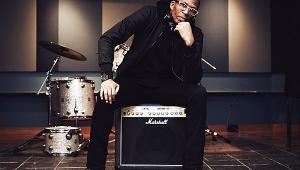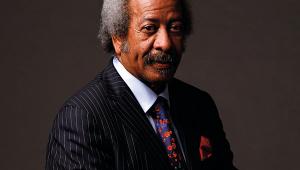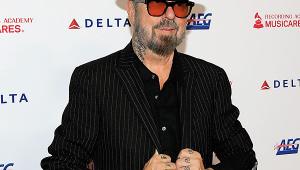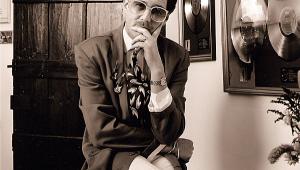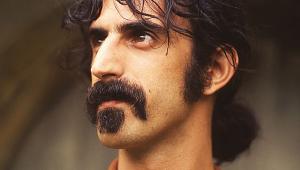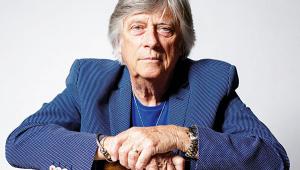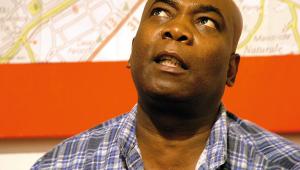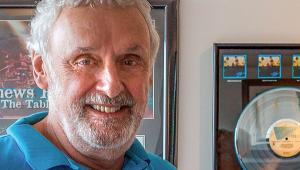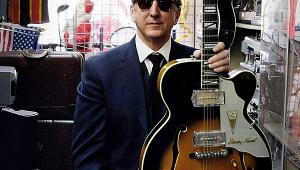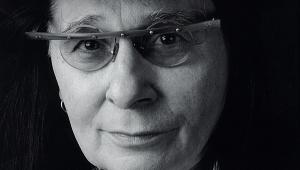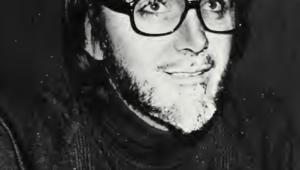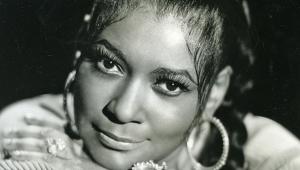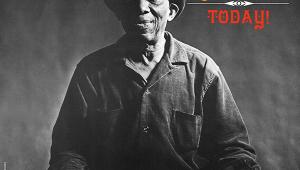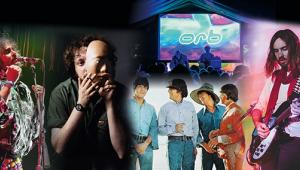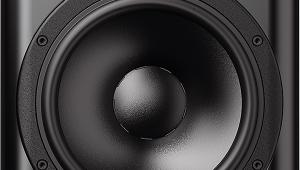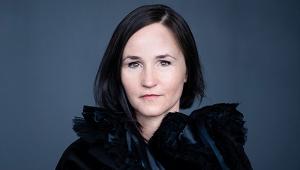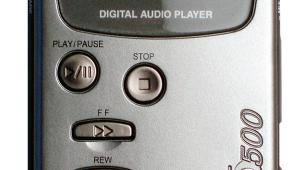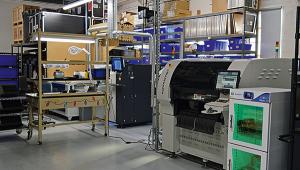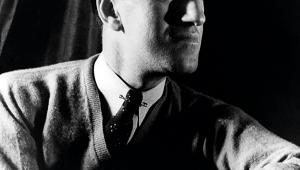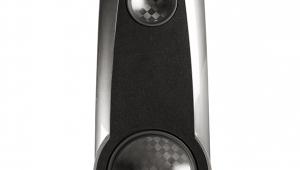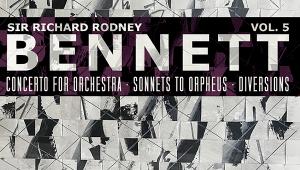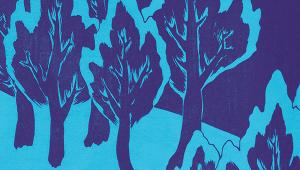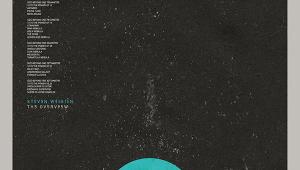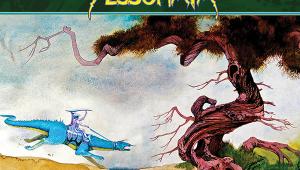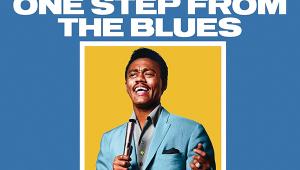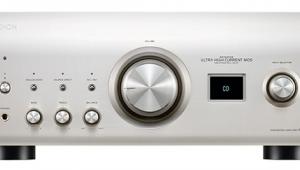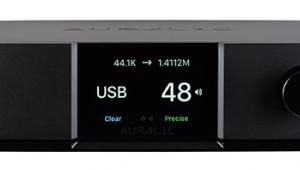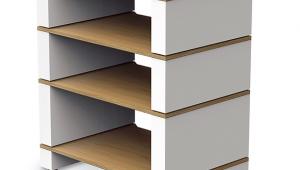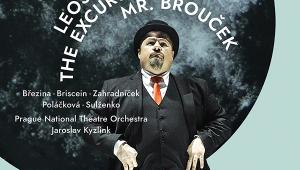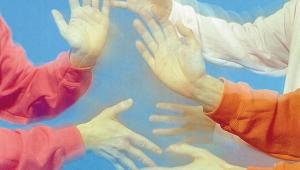The Bomb Squad Page 2
'It was about that extra funk which I'd want to feel, that extra dirtiness which would make fans of Public Enemy feel like we're from the gutter. This was the street, this was not processed.'
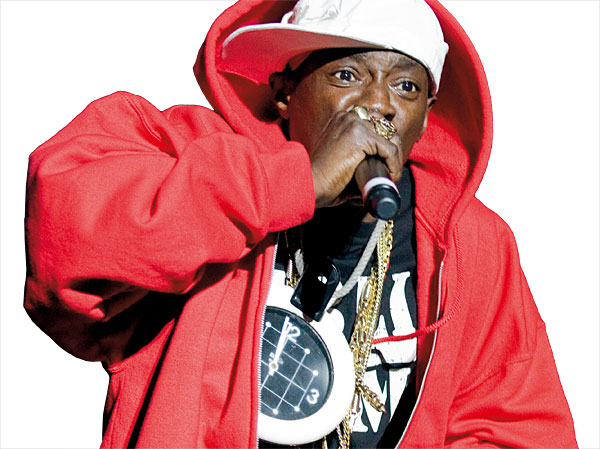
There were other innovations, as Mr Shocklee explains. 'Most rap records at the time were about 107 beats-per-minute, 108. We pushed "Bring The Noise" to about 109, almost 110. Not only did we push the tempo, but we also pushed the energy as well. So now, instead of the samples being long, maybe two bars or four-bar loop phrases, they are more like 16th notes. They were eighth notes. The samples were coming faster. And it gave the impact of the energy being higher and higher and higher. That's what we were going for, pure adrenaline.'
The Scream
There were production trademarks too: 'What made James Brown great was his screams. James Brown was the only artist that was pushing you with the scream, using the scream as an instrument. Everything that Public Enemy was doing was paying homage to the scream that James Brown used. But we didn't use a human voice scream. We found other sounds that would replicate that. So when you listen to "Rebel Without A Pause", you're [in effect] listening to James Brown screaming.'
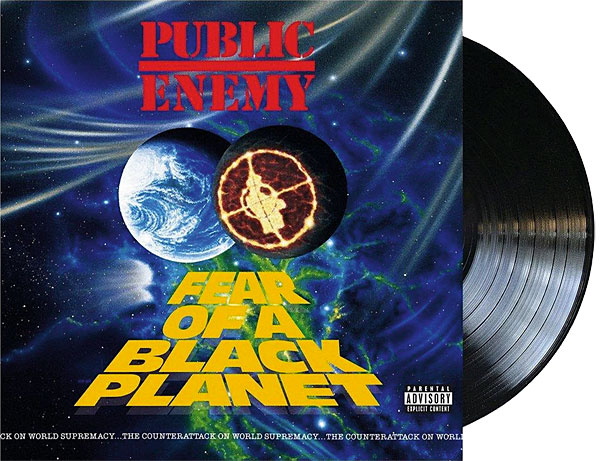
Cred With Edge
The stunning impact of It Takes A Nation Of Millions... and Public Enemy's following LPs like Fear Of A Black Planet, made The Bomb Squad the go-to production destination for anyone seeking credibility with that crucial edge. Artists ranging from Ice Cube, and Run DMC with Down With The King, to Lisa Stansfield, and Peter Gabriel came a knocking and got the benefit of The Bomb Squad treatment.
'I'm interested in being the first at doing things,' says Mr Shocklee. 'I don't like being second or third. That's why I don't redo or repeat projects… I always looked at what we did as more being a tailor as opposed to going to buying your clothes off the racks in a store.
'You have to know the personality of the artist and where the artist is trying to go. And the idea is to be able to take them on a journey where they want to go but do something that they wouldn't normally have done without you.'
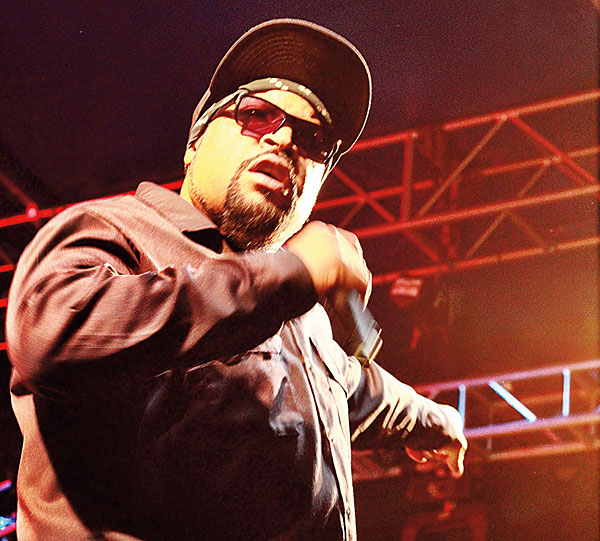
The Bomb Squad are also famous for creating their Sample Packs, collections of sounds you can access royalty-free to avoid the lawsuits that, since the late 1980s, have tended to arrive in your inbox if you lift samples from other people's recordings.
Hank also likes to talk about his multimedia projects, which he calls 'The Future Frequency'. 'We're in our laboratories and our offices, our studios and our meeting places, the streets, and our homes.
'We're online, offline, seen and unseen, crafting new works, creating new formulas, and composing future classics… We're thinking new thoughts, challenging the status quo, fine-tuning skills, questioning systems, communicating ideas… We're all acknowledging the past, preparing for the future and living in the present... As human beings our creativity is the thing that's going to save us from decay. The future is what's going to make us stronger. We don't have to look at the past and try to repeat those things. We could do some new things today.'
Can You Feel It?
'In this digital age, performance is more important than ever. Anyone can make a record but the difference between the records now and those that were being made in the '60s and '70s is that there was a performance that made connection with people. You're making people vibrate to your own frequency.
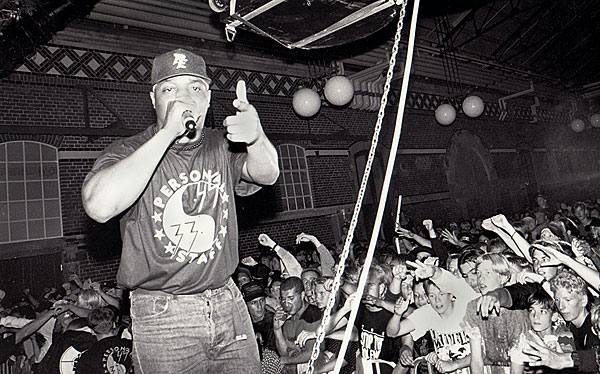
'I call it humanism because the thing that's being lost today is human feel – everything has become so pre-programmed. It's the strainer approach in that everything is going through the strainer to strain out anything that has any life in it. So when it comes across the desk to you, it's food with no nutrients.
'My mission now is to bring artists and songs and people expressing themselves the way they need to… I've never been a mainstream artist. Hip-hop was alternative – it's not alternative anymore. So, now the thing that excites me is what is underground and not getting the light of day because people don't know where to classify it. The future is going to be genre-less.'
